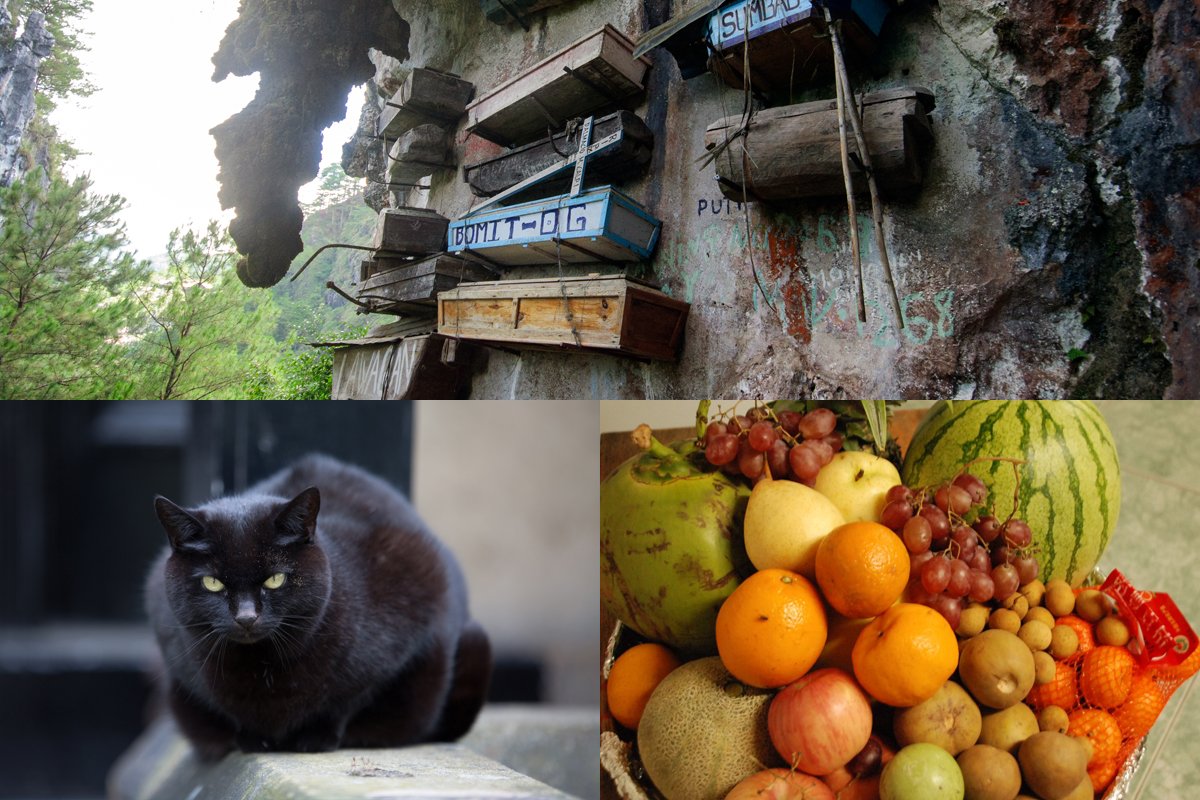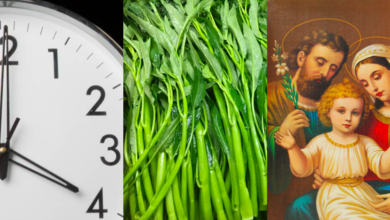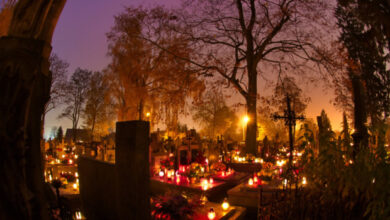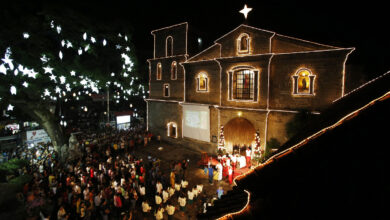
Why are Filipinos so superstitious?
Have you ever wondered why you’re always advised to go somewhere else after attending a wake and prior to going home? Or why you shouldn’t clean the table if someone’s still eating? How about the habit of knocking on wood and making a sign of the cross to ward off bad luck?
These are just a handful of the many superstitious beliefs we Filipinos have grown accustomed to. They’re so ingrained in our culture that most of us have never even paused for a moment and asked why we believe in such things. So the question beckons: Why are Filipinos so superstitious? Perhaps it’s best to first have a brief look at our history.
Pagan Beliefs
Before the Spaniards landed on our shores and started spreading Catholicism, many of our islands’ inhabitants were either Pagans or Muslims. In fact, Manila and Tondo were famously Islamic kingdoms upon the arrival of the conquistadors. According to historians and Spanish writers, our ancestors believed in a supreme being called Bathala. They also had a plethora of other lesser gods, which is very similar to Greek mythology, including Kalinga the god of thunder, Bagobo the god of war, Kilubansa the god of healing, and Sirenha the god of fishes, to name a few. There were also the anitos or spirits that they believed to live in forests and mountains.
Our Pagan ancestors also subscribed to the concept of life after death, which is evident in their burial traditions. It was common practice for the relatives of the deceased to leave food, wine, weapons, and other items in their graves. This was done to prepare them on their journey to the next life. Corpses were also embalmed and put into jars and wooden coffins before being placed in a grave or in caves. In some extreme cases, the slaves of a datu were killed and buried alongside him after he died—reminiscent of the Pharaohs of Egypt. To this day, some of these burial practices remain.
Gregorio F. Zaide, a famous Filipino historian, wrote that many of the superstitions our ancestors believed in still remain today, like when a cat wipes its face, it means a visitor is coming to the house. Or when someone dreams that his or her tooth falls out, a family member will die.
Chinese Influence
Long before the Spaniards came, Filipinos were already interacting with the Chinese. Artifacts found in Philippine waters suggest that our ancestors were trading and bartering with them as far back as the 9th century. In fact, the Balangay, which is the first wooden watercraft excavated in Southeast Asia and the primary means of transportation in these islands during ancient times, was used by Sultan Paduka Batara of Sulu in 1417 to trade with the Ming dynasty. And when the conquistadors arrived, there were already Chinese communities established here.
Apart from the Spaniards and the Americans, the Chinese have made the most significant influence to our culture. While cuisine is often cited as proof of that, some of the most unusual superstitious beliefs we have are actually from them. Who do you think taught us to wear polka dots and prepare round fruits during the New Year because they signify the shape of coins or money?
Superstition as a product of history
As a famous description of The Philippines goes, we “spent 300 years in a convent, and 50 years in Hollywood.” And that’s not even scratching the surface. The truth is that the history of our country, culture, and people is just as complex as it is continually evolving.
We had our Pagan beliefs before we were colonized by the Spaniards, and we’ve been interacting with the Chinese for as long as we can remember. Have we learned anything from the Americans or anyone else? Do you know of any Filipinos who’ve picked up the Western beliefs of passing black cats or walking under ladders as signaling bad luck?
It seems the reason we’re such superstitious people is because we were taught to pass down the beliefs that we have inherited from our ancestors. Superstition is tradition, and it won’t be going anywhere anytime soon. Sticking to these beliefs is more than just a way of remembering who our ancestors were, but becoming who we are.




